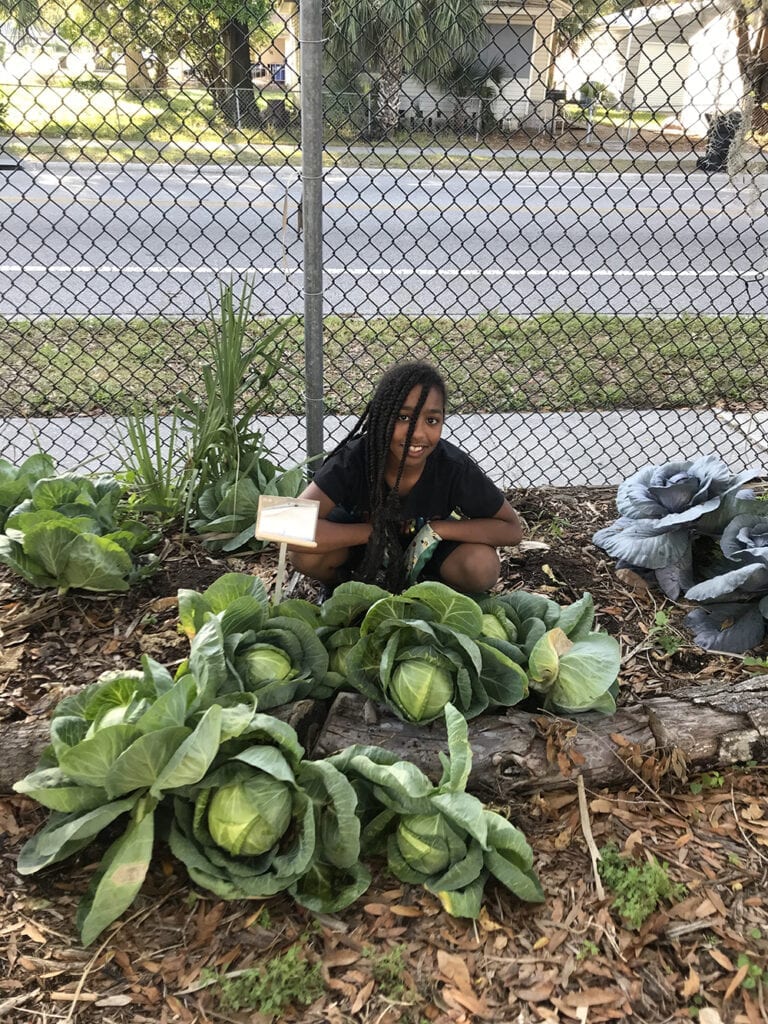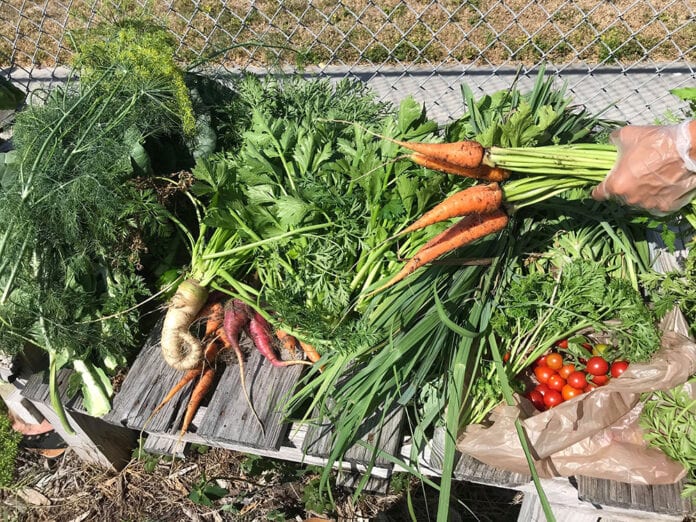Local food systems drive the economy of a place, create community, and provide jobs along with benefits for environmental sustainability, health, and nutrition. They are also more resilient to disruptive shocks such as the current coronavirus crisis. As of right now, commerce outside of the regional food system is not an issue, but warehouse storage systems inevitably will be stressed as distribution channels change. This is an opportunity to come together in solidarity, to share information, strategize solutions and develop responses to protect and connect across the food-based economy. That said, while community food-system development needs to strengthen on a macro level in this time of uncertainty, we continue to exist as our intriguing, weird, and beautiful human selves — modifying how we gather for happy hours, diving into new entertainment strategies, and creating safety plans with our families and friends. In these wonky months, we might need more reprieve than usual, and moments of resilience deserve celebration.
In St. Petersburg’s world of urban agriculture, our intriguing human selves have had some true examples of beauty and connectivity that deserve acknowledgement. Ray Wunderlich of Wunderfarms rerouted a produce delivery when Mercy Keepers, a local food pantry, was forced to close its doors. While telling me about it over the phone, he managed to spread another moment of joy. While social distancing in nature, he saw not one, but five different species of butterflies, thanks to the rich amount of native pollinators planted at Edgemoor Garden. That’s something gorgeous to hold onto in between our obsessive socialmedia scrolls.
As jobs began to move to people’s homes, we started reaching out virtually to check on the world around us. Hillary Miller of the University of Florida Institute of Food and Agricultural Sciences (UF/IFAS) Extension Services Family Nutrition Program called her partners to see what they needed. Many garden sites were on school properties with mandatory closures during the peak of harvest season.
A garden run by the Gathering of Women had food growing at Pinellas Technical College but didn’t have the ability to harvest. Miller made the connection for them and moved on to help other partners. Needs emerged from these experiences, and solutions came fast. Groups have since self-organized text-message chains to ensure food that needs to be harvesting makes it to proper channels.

Photo by Samantha Richardson
Lisa Pineda of the Sustainable Urban Agriculture Coalition (SUAC) had recently moved houses. Since it’s planting time, there was more work than ever to prepare land that hadn’t yet been cultivated. There were plans to host a community garden installation, but gatherings of more than 10 people were discouraged. A small group of SUAC members and friends joined forces and worked hard to put in garden beds. They maintained their 6 feet of safety for the planting of their 600 square feet of food plants. There is true beauty and hope in knowing we can foster community and take action in adaptive and safe ways.
The creativity of changing processes and protocols has been beautiful to witness. The droves of people at the Saturday Morning Market can’t be experienced in person just now, but vendors are doing an excellent job of keeping updated information on Facebook, and you can order online and pick food up at Al Lang Stadium. Pickup has turned into a drive-through service and Supplemental Nutrition Assistance Program (SNAP) customers still have access to the market.
Farms like Little Pond are changing their protocols, and Community Supported Agriculture (CSA) shares are being prepacked instead of customer selected in order to maximize safety. Pickup locations have been extended to meet social distancing needs of clients.
These adaptations are, in many ways, evidence of a stressed and strapped system. They also are astounding stories of our humanity and care capacities that demonstrate our ability to adapt. Sure, there is plenty to focus on with safety and health concerns, but there also is much to be celebrated in our actions to help sustain one another.


